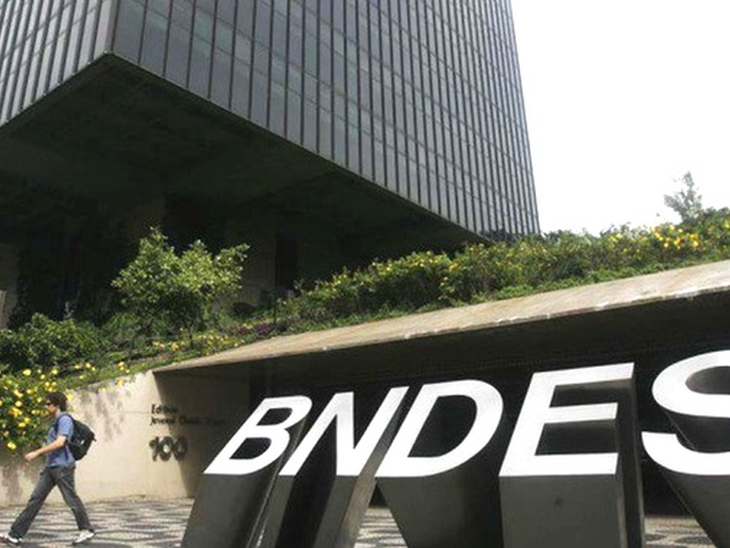
 RenovaBio
RenovaBio
T&B Petroleum/Press Office BNDES

The board of the National Bank for Economic and Social Development (BNDES) approved the creation of the BNDES Incentive Program for the Reduction of CO2 Emissions in the Fuel Sector (BNDES RenovaBio). The program will provide loans to companies that produce biofuels to encourage them to improve their energy-environmental efficiency. Those that, during the loan repayment period, reach the CO2 emission reduction targets stipulated by the program will have a reduction in the interest rate.
BNDES RenovaBio is part of the Bank's agenda aimed at encouraging good environmental, social and governance (ESG) practices. It was designed within the scope of the National Biofuels Policy (RenovaBio), under the responsibility of the Ministry of Mines and Energy and which aims to increase the insertion of renewable fuels in the Brazilian energy matrix. The program aims to contribute to increased productivity and the diffusion of technological innovations, thereby guaranteeing consumers a lower price and greater offer of even more sustainable biofuels.
“The program was designed to be complementary to RenovaBio's policy, as it encourages the adoption of better productive and environmental practices”, explains Petrônio Cançado, director of Credit and Guarantee at BNDES. "With greater energy-environmental efficiency and certification, the production of biofuels in Brazil will be even more 'green', that is, with a lower volume of CO2 emissions compared to the amount of energy offered."
For Ricardo Barros, the Bank's Operations director, BNDES RenovaBio is an innovative proposal for a financial instrument to support public policy: “While promoting the development of the carbon credit market, the program promotes competitiveness in the sector fuels. ”
The companies that may apply for loans are the biofuel producers participating in the RenovaBio Policy, headquartered and managed in the country and which have CNAEs C1931-4 (alcohol manufacture) or C1932-2 (biofuel manufacture, except alcohol). Requests must be filed directly with the BNDES by December 31, 2022. The budget for the program is R $ 1 billion.
The maximum amount of each loan will be R $ 100 million per production unit, considering the limit per economic group of R $ 200 million. The total payment term will be up to 96 months, including a grace period of up to 24 months.
Rate reduction - Interest - formed by TLP or by market cost benchmarks, plus a basic BNDES remuneration of 1.5% per year, and a credit risk rate - may be reduced by up to 0.4 percentage point , if the customer proves, after the grace period, that he has reached the CO2 emission reduction goals defined by the program.
To assess the achievement of the goals, the BNDES will use the Emission Factor of Decarbonization Certificates (CBIOs), an indicator calculated by the National Agency of Petroleum, Natural Gas and Biofuels (ANP). The Decarbonization Certificate (CBIO) is an environmental asset issued, through banks or other financial institutions, by the certified biofuel producer or importer. It is also a financial asset traded on the market by fuel producers and distributors and other investors. A unit of CBIO corresponds to a ton of carbon that is no longer emitted into the environment.
Contact us